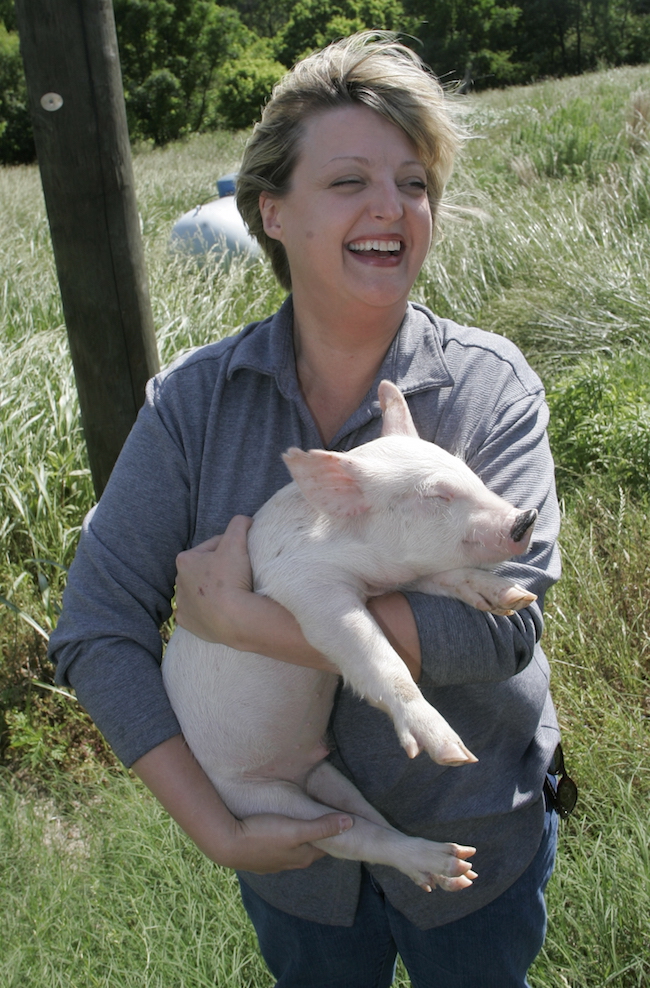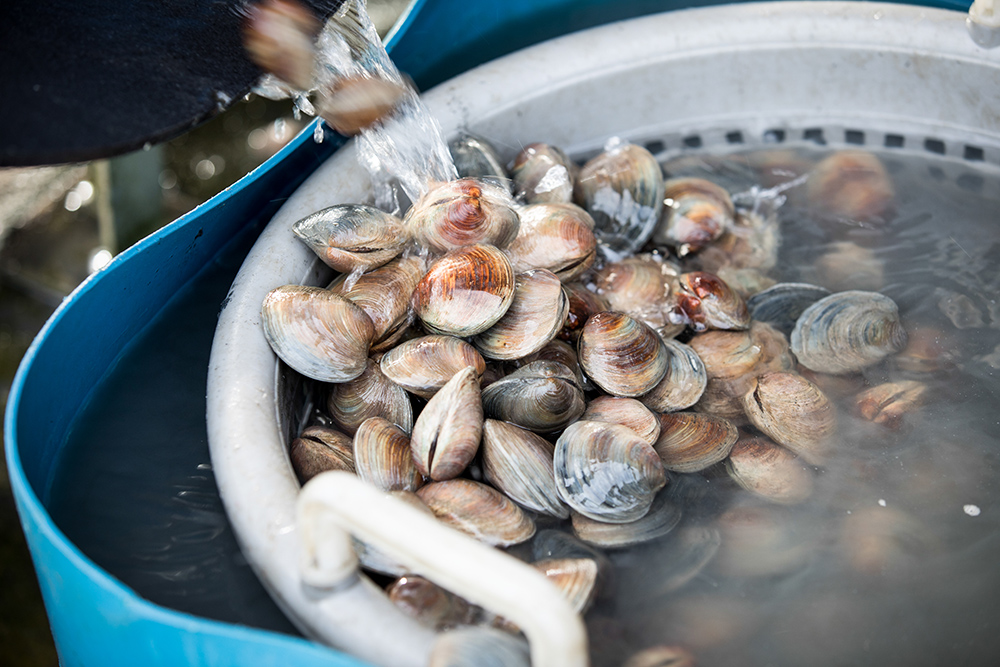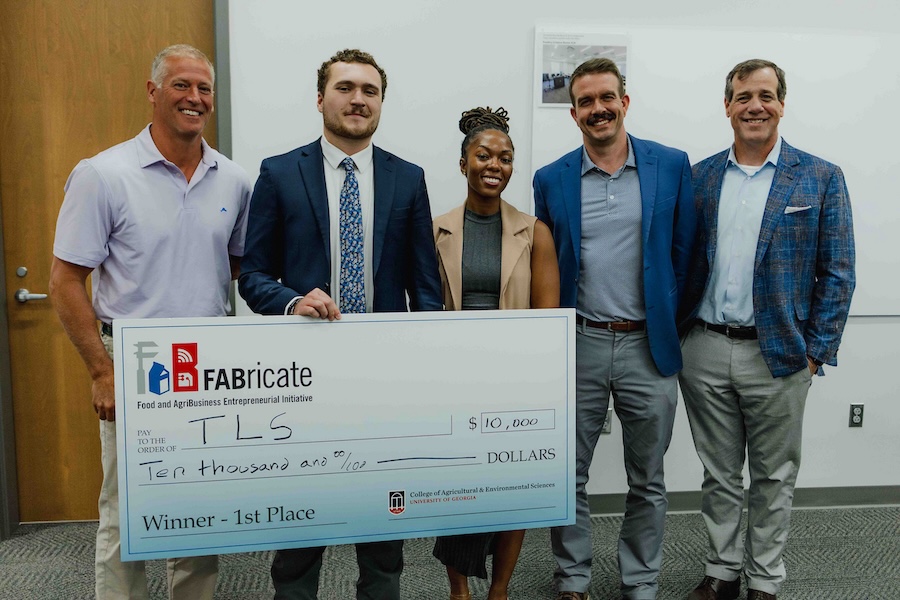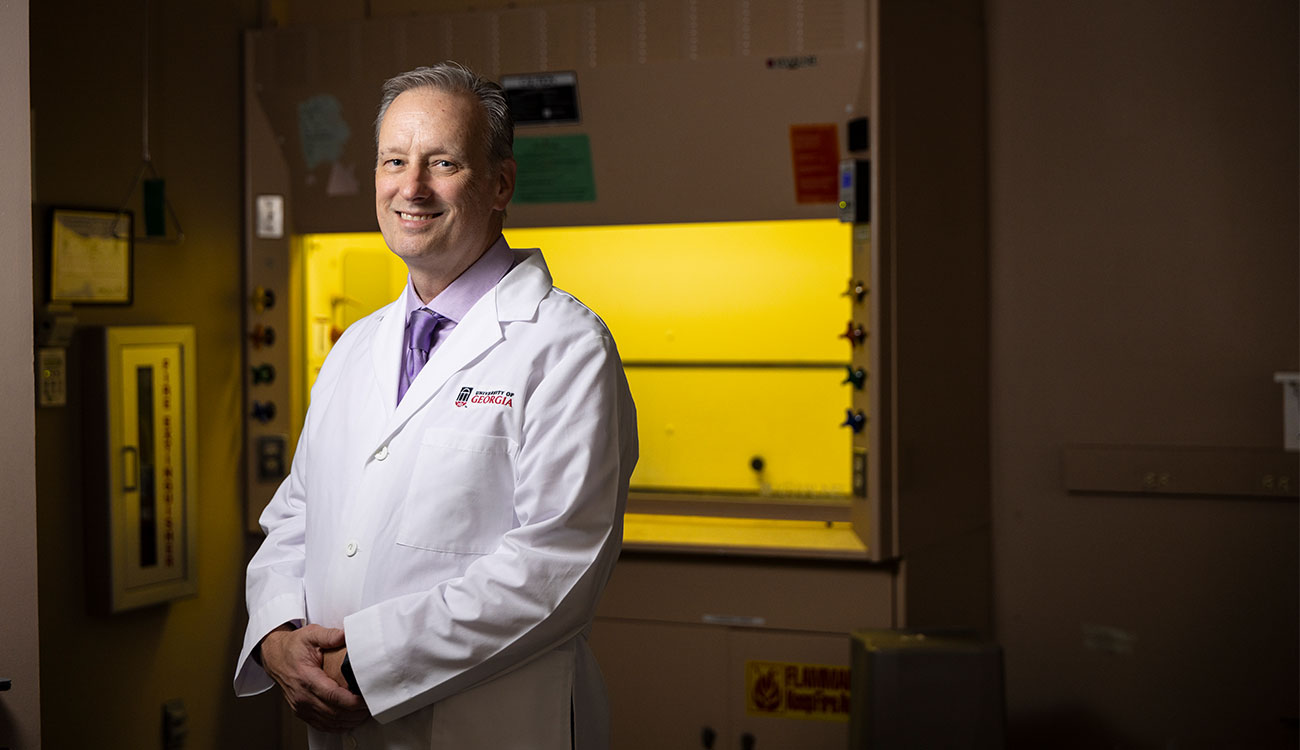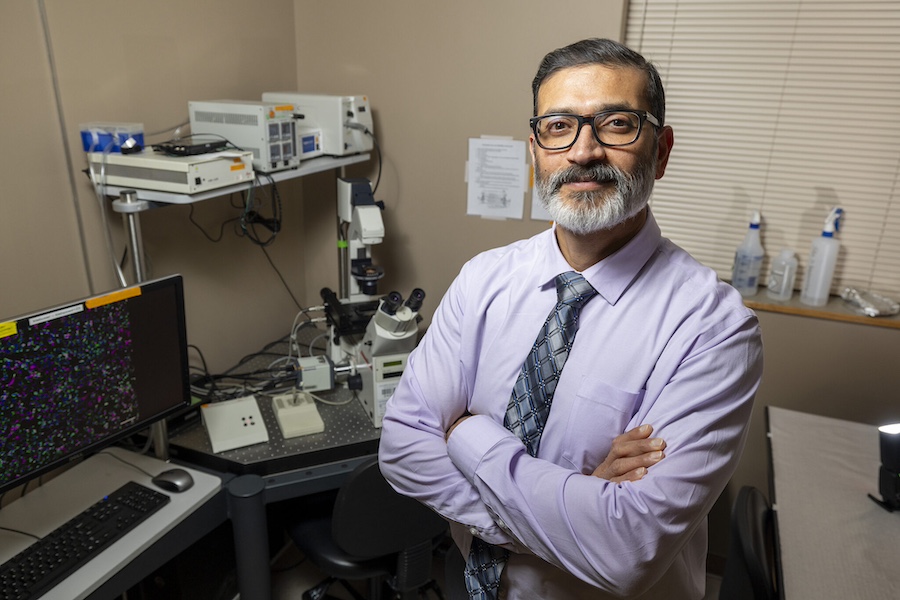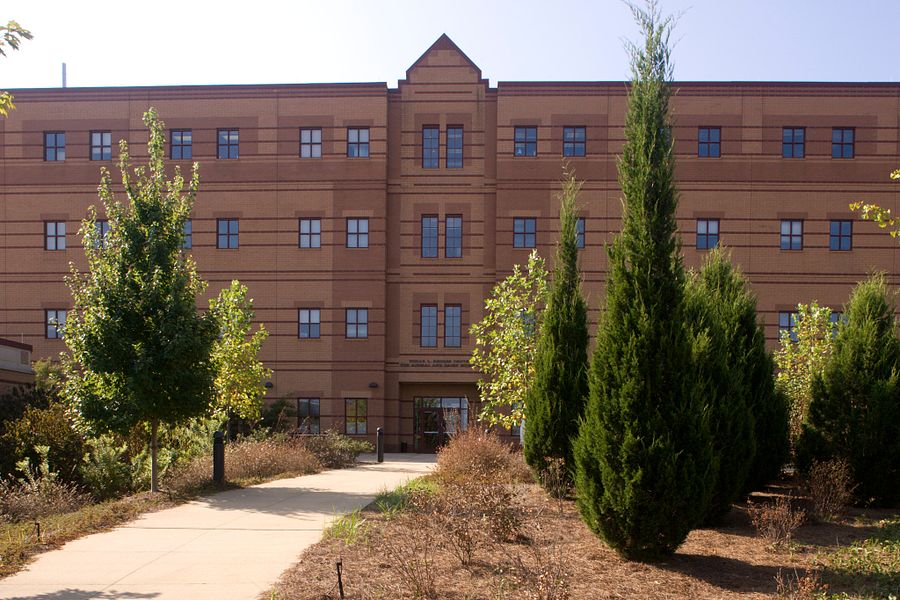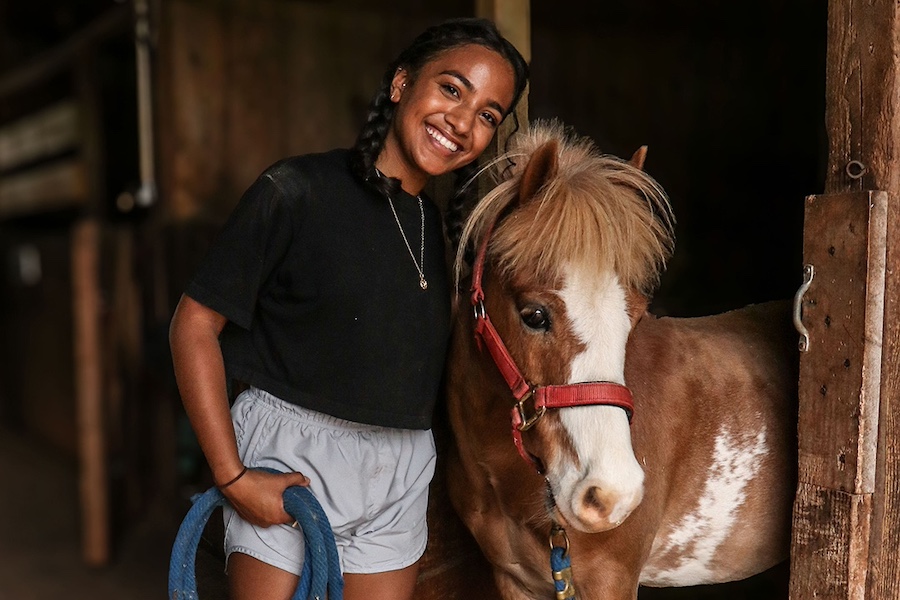Georgia 4-H is piloting an educational series aimed at teaching children how to help prevent the spread of animal diseases like swine flu, salmonella, E. coli and rabies.
The program, called “Be a Zoonotic Disease Detective,” was developed in collaboration with Centers for Disease Control and Prevention experts and a team of Georgia 4-H specialists. A zoonotic disease is a disease that can be passed between animals and humans. According to the CDC, about six out of every 10 infectious diseases in humans are spread from animals.
“This series (of lessons) was born after the CDC tracked a swine flu outbreak in 2009 that occurred in the northeast corner of the U.S.,” said Mandy Marable, Georgia 4-H curriculum specialist and leader of the zoonotic disease education project. “From the investigation, it was determined that the outbreak could be traced back to animals shown at a state fair.”
Georgia 4-H’ers often come in close contact with animals through livestock showing programs. Children and adults also come in contact with animals if they own pets or visit a petting zoo, farm, pet store, or friend or family member who owns pets.
Georgia 4-H partnered with a CDC team led by Michael Jhung, a medical officer with the CDC’s Influenza Division, and Joe Gregg, a CDC public health analyst, to develop the educational lessons that are geared to fifth- and sixth-graders. The students learn about zoonotic diseases and viruses, like influenza, and bacteria, like salmonella and E. coli. They also learn ways to prevent the spread of these diseases, like not eating or drinking around animals and not holding animals like chickens, turtles and frogs, which can carry these germs.
The zoonotic disease lessons were written to follow national and state standards, said Marable, a former elementary school teacher.
For the past two years, the lessons have been piloted by Georgia 4-H agents in 23 counties across the state and have reached more than 50,000 students. The lessons are now available to all Georgia 4-H agents and are being shared with educators in other states; in fact, the lessons are currently being used in Kansas, Michigan and Texas. The lessons can easily be adapted for livestock education and science education, Marable said.
“The lessons are delivered through our 'Friends' magazine, which has been a long-standing educational tool we have used in Georgia schools for over 25 years,” she said. “It’s designed to be kid friendly, but it teaches some important strategies on how children can help fight these diseases. It can easily be presented in a day camp setting, too.”
The zoonotic disease lessons are presented through the magazine and activities like zoonotic bingo, videos of sneezes in slow motion and hand-washing after hands have been covered with cooking oil and cinnamon.
“For example, a water bottle is sprayed to show the children how a simple sneeze can travel and spread germs,” Marable said. “The children also learn proper coughing and sneezing etiquette. At the end of the day, the most important thing we want to stress is the importance of hand-washing.”
Georgia 4-H agents Patrick Willis and Sonya Jones and Georgia 4-H specialist Melanie Biersmith are key contributors to the project and are currently developing a game to extend the learning experience, Marable said.
Walton County 4-H agent Jenna Daniel is using the lessons and is proud of the program she helped create. “We are on the front end of this. No one else in the nation is doing this type of education,” she said. “And we are also reaching the adults — the parents — by teaching the children.”
The U.S. Department of Agriculture’s Animal and Plant Health Inspection Service and the National Institute of Food and Agriculture also sponsored the project.
For information on the Georgia 4-H program, contact your local UGA Cooperative Extension office at 1-800-ASK-UGA1 or go to Georgia4H.org.

